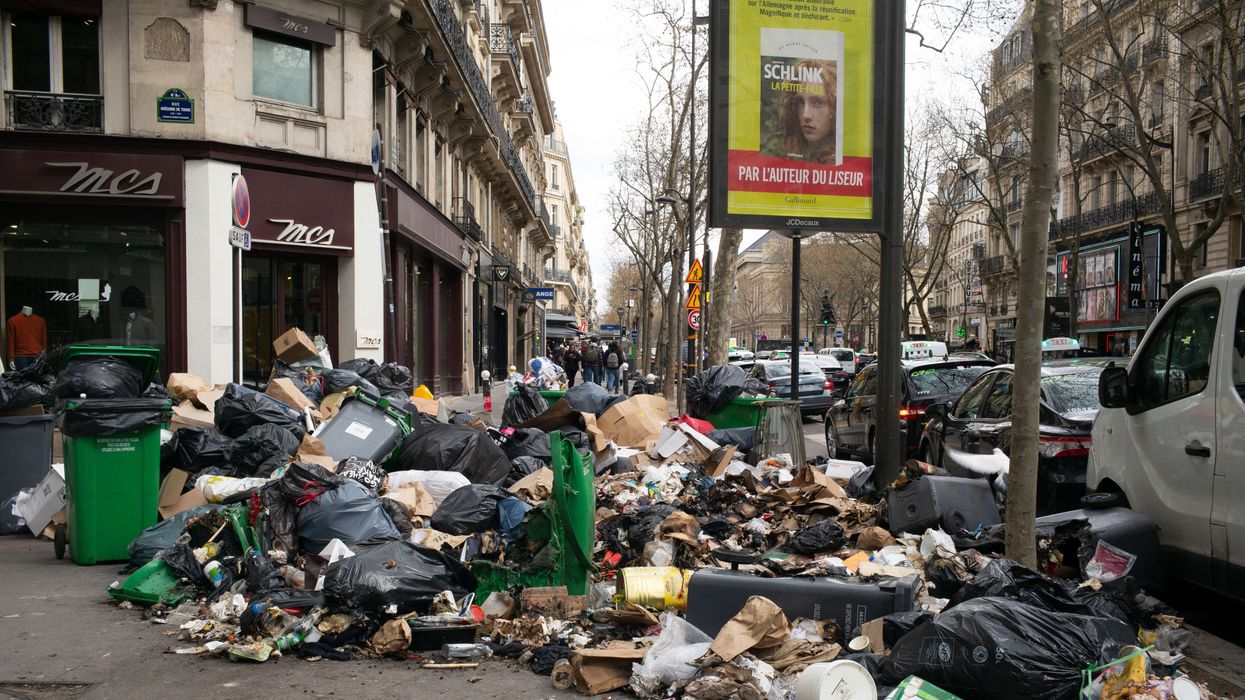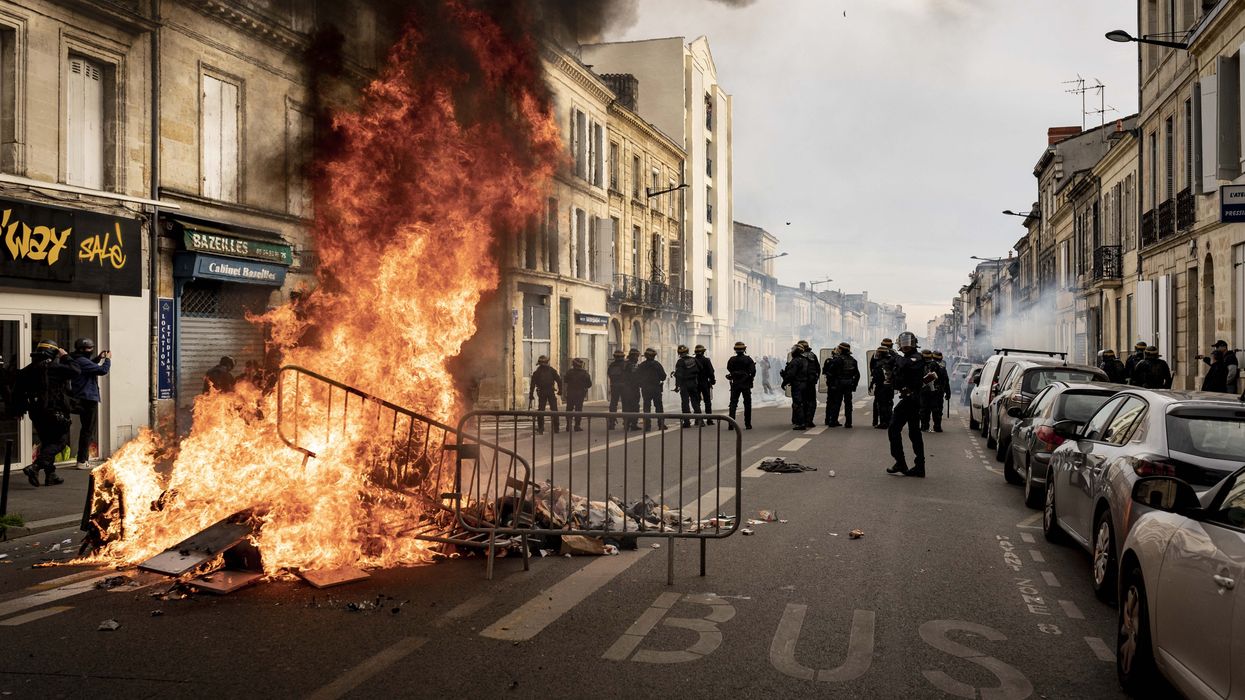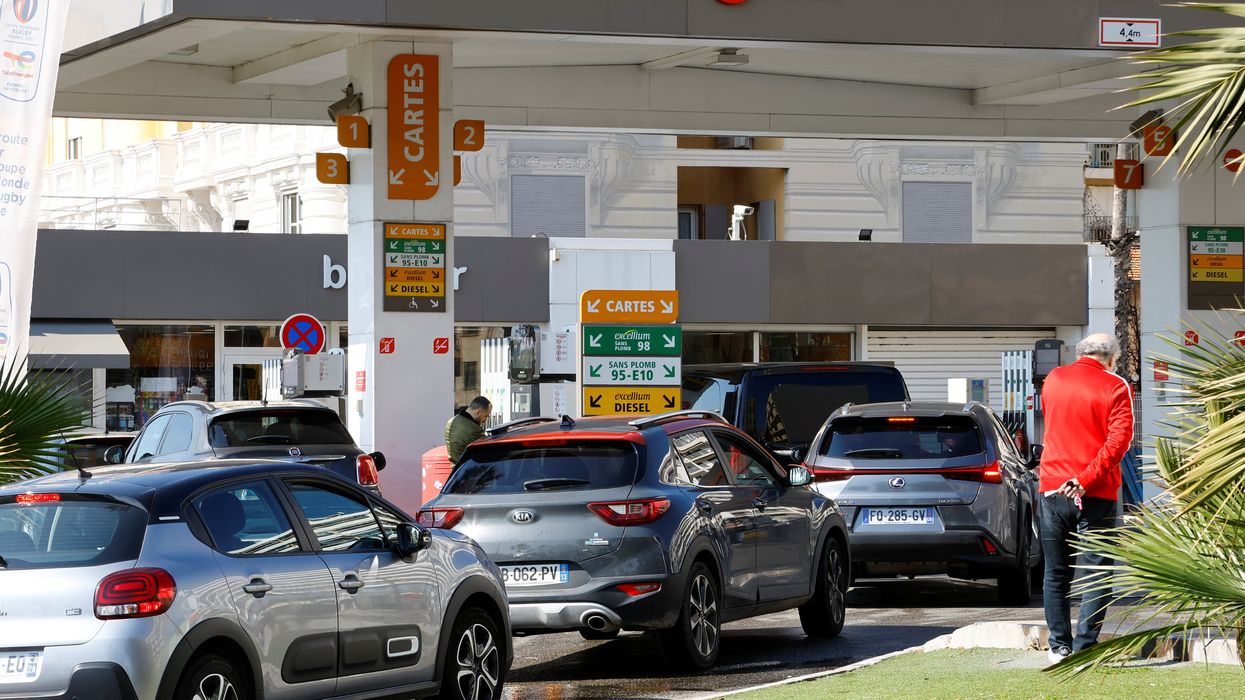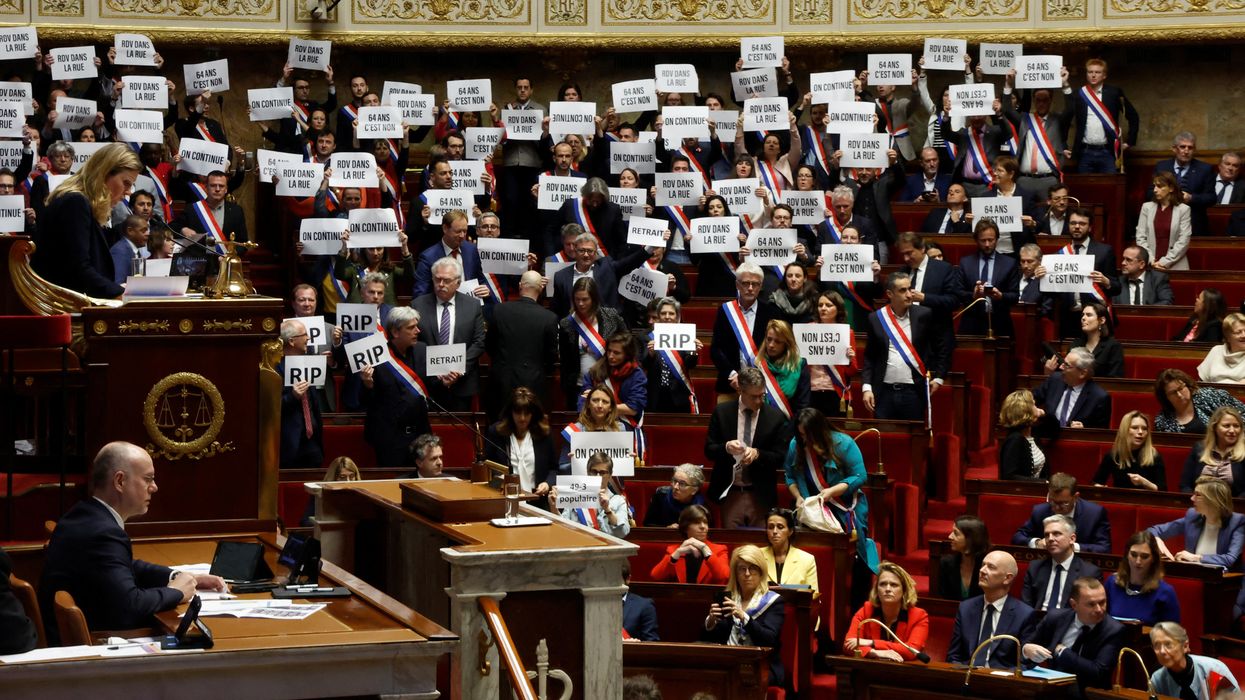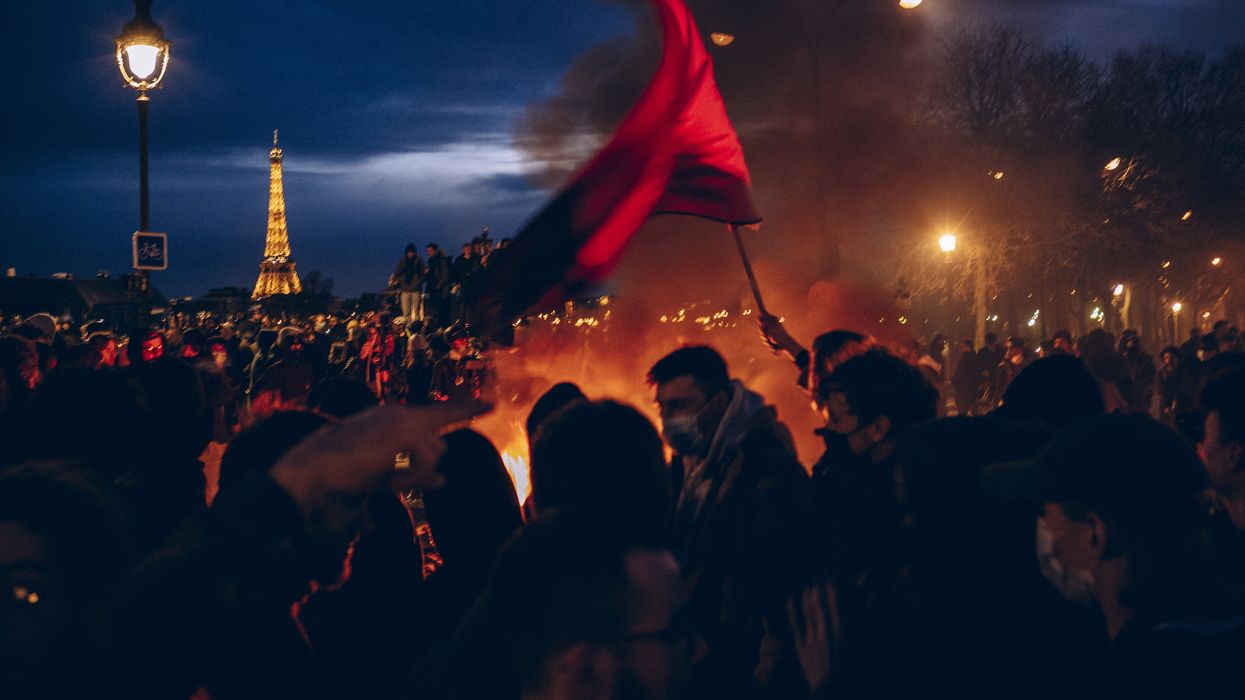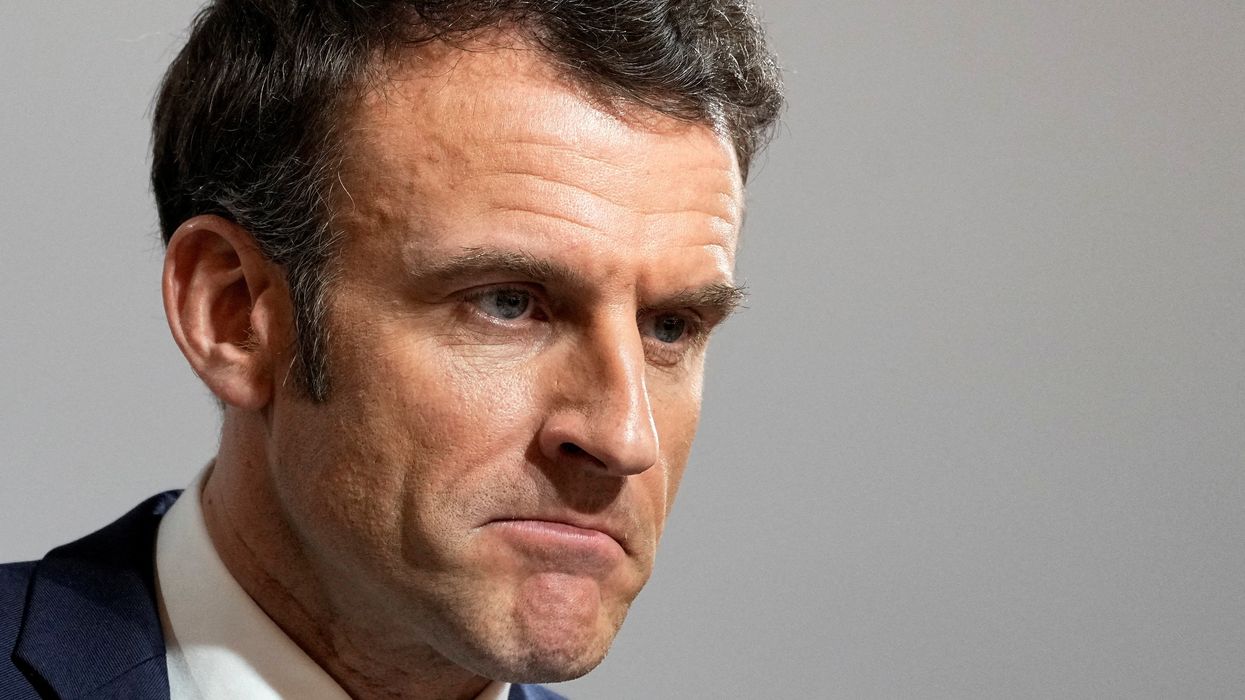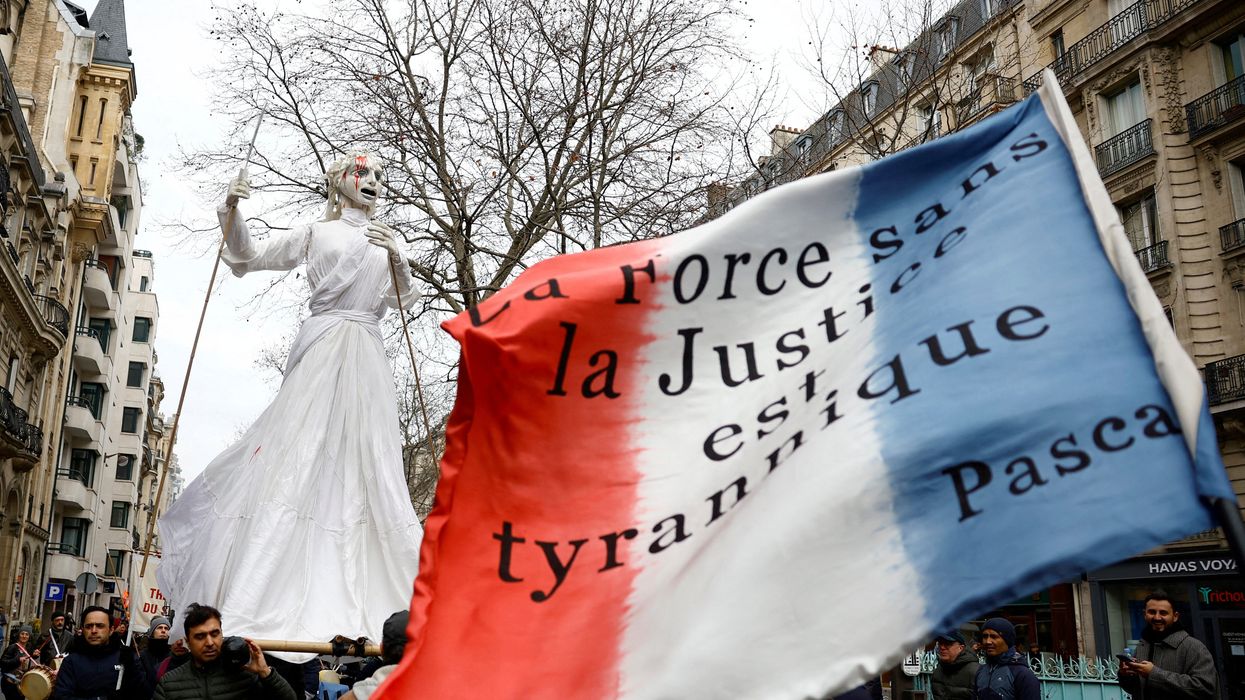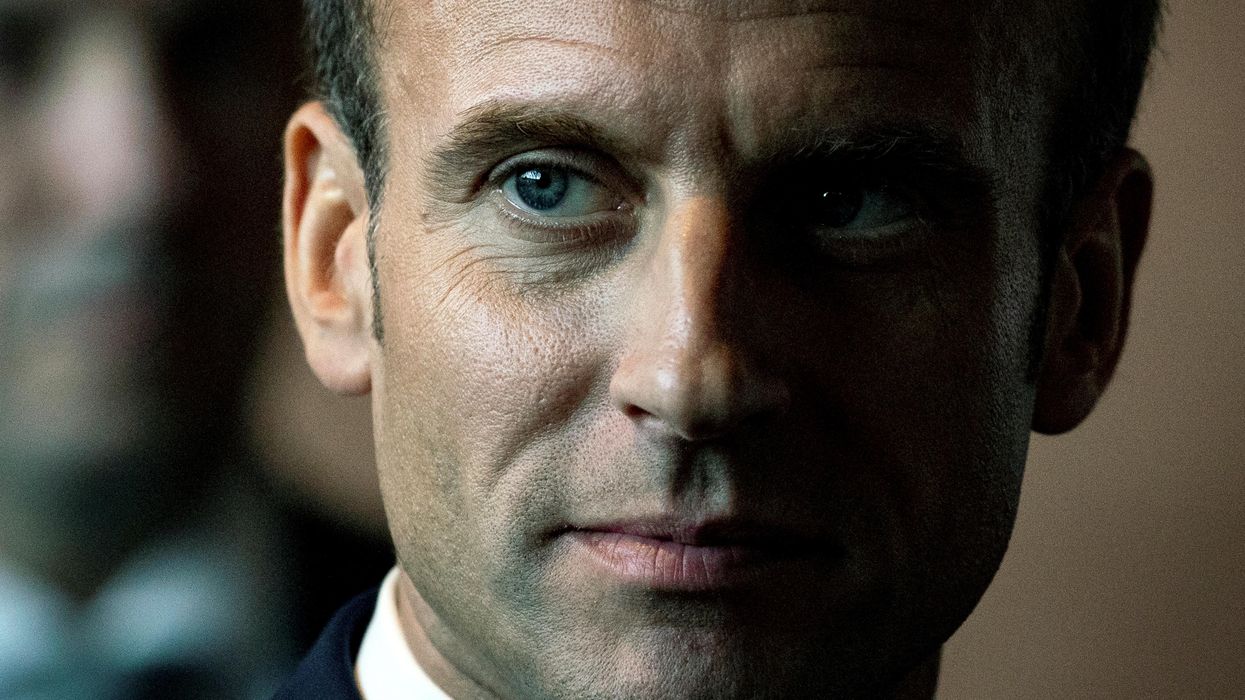News
Hard Numbers: Eiffel Tower of trash, ELN attack, Saudi-China lovefest, drill baby drill is back, dream on Lesotho
Saudi Arabia will become the ninth dialogue partner of the Shanghai Cooperation Organization, the first step toward full membership in the China-led security bloc.
Mar 29, 2023
